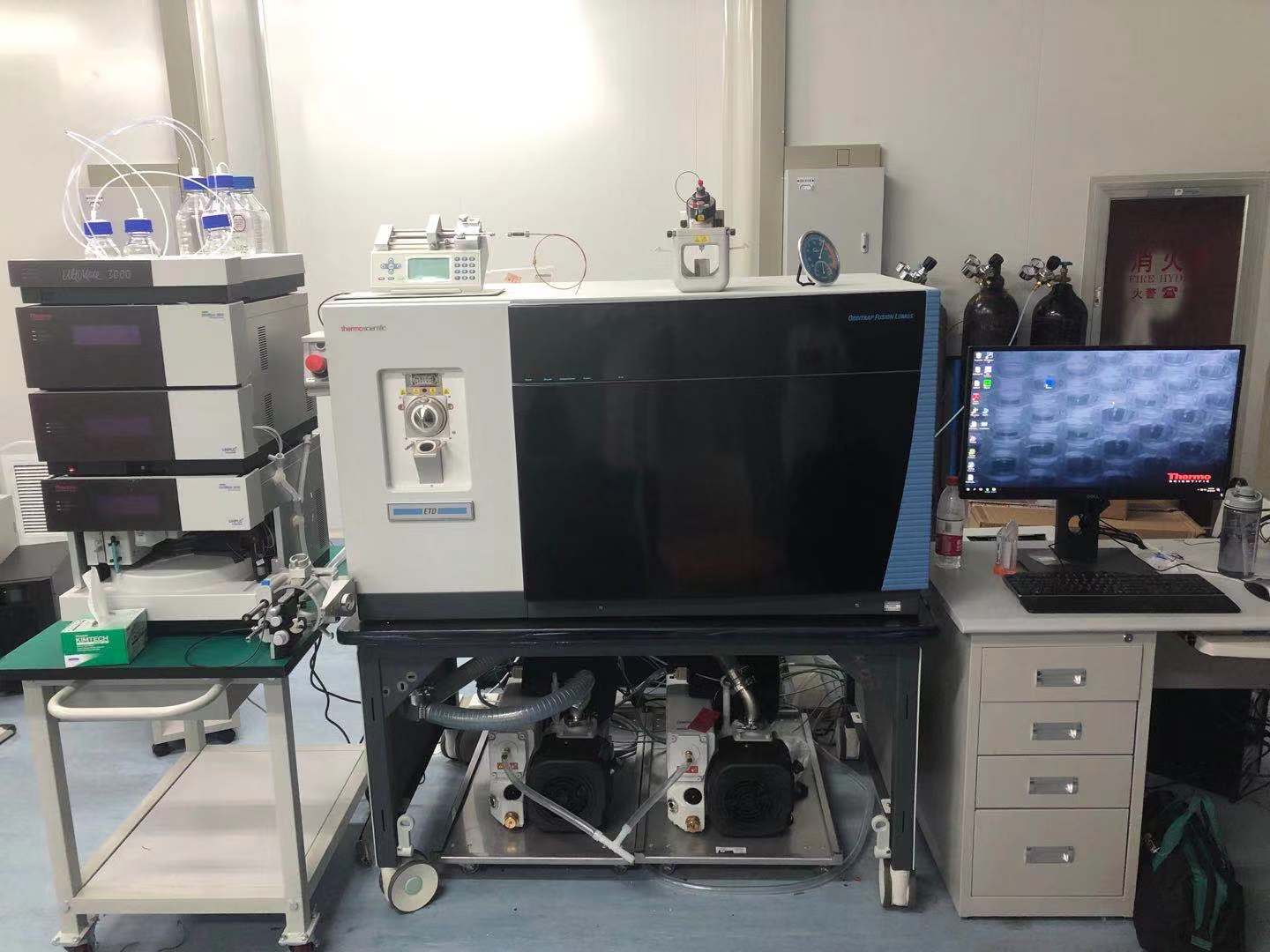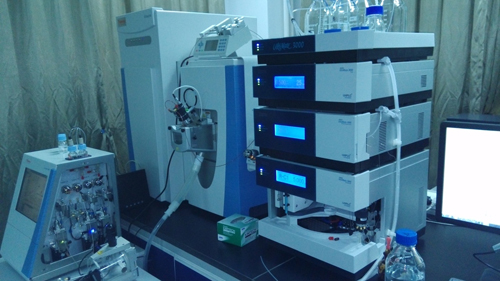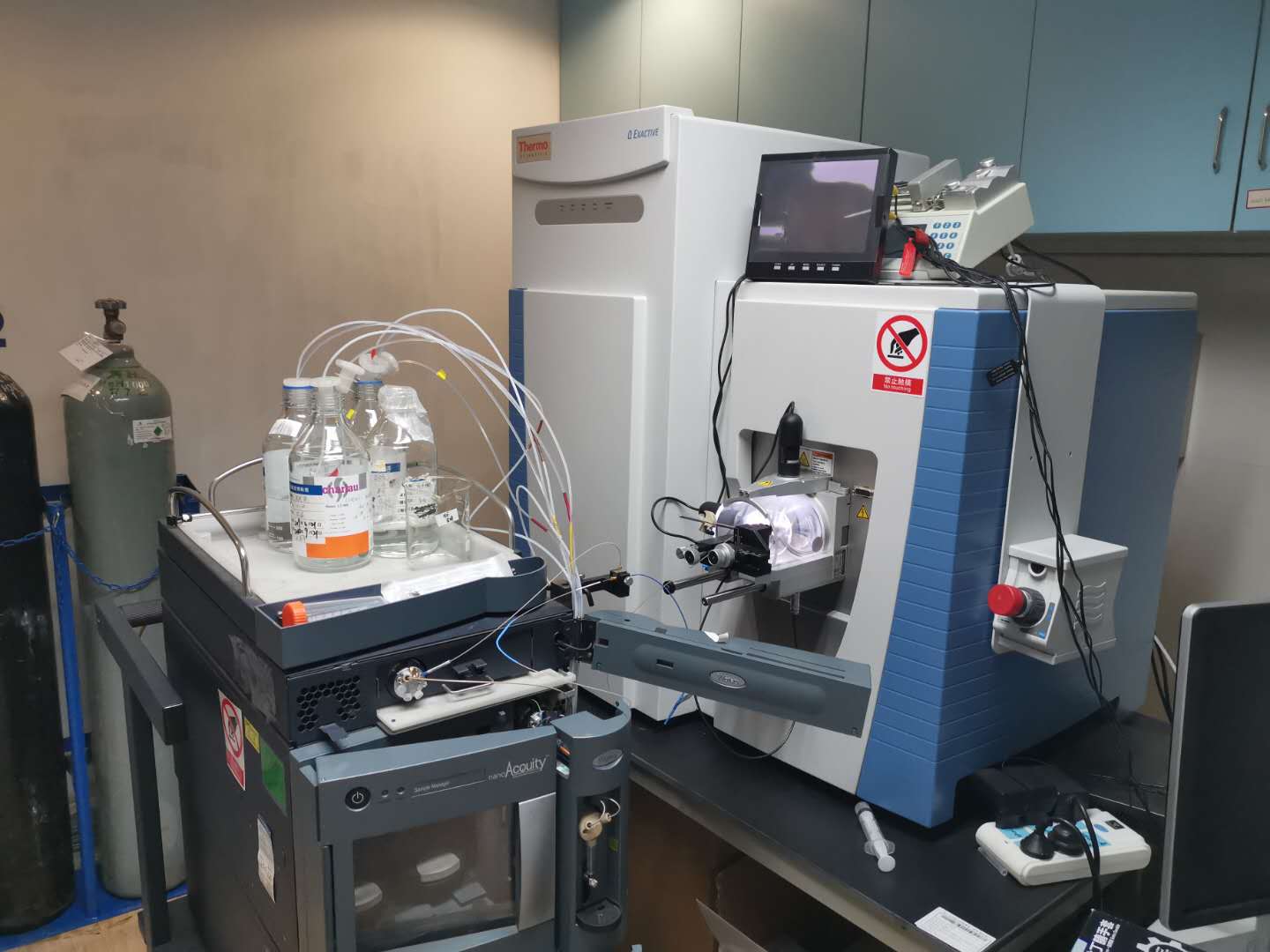State Key Laboratory of Diagnosis and Treatment of Infectious Diseases
Overview
Relying on the state-level key discipline of infectious diseases, the State Key Laboratory for Diagnosis and Treatment of Infectious Diseases was entitled in 2007, and approved in 2009 after 2-year pilot run. The director of the laboratory is Professor Lanjuan Li, a leading figure in the field of infectious diseases and an academician of the Chinese Academy of Engineering.
Under the leadership of Academician Lanjuan Li, the discipline of infectious diseases has achieved rapid progress. It has formed a four-in-one scientific and technological innovation complex in the field of infectious diseases, which includes the State Key Laboratory for Diagnosis and Treatment of Infectious Diseases, National Clinical Research Center for Infectious Diseases, Collaborative Innovation Center for Diagnosis and Treatment of Infectious Diseases (CCID) and National Medical Center for Infectious Diseases, leading the development of infectious diseases research in China. CCID, hosted by the Laboratory, Zhejiang University, collaborating with the cooperation of Tsinghua University, University of Hong Kong and Chinese Center for Disease Control and Prevention, was approved by the Ministry of Education and the Ministry of Finance in October 2014. CCID is the only one national collaborative innovation center in clinical medicine. The National Clinical Research Center for Infectious Diseases and the National Medical Center for Infectious Diseases were approved by the government in succession in 2019. Since 2014, the discipline of infectious diseases of this laboratory has won the first places in the "China Hospital Science and Technology Influence Ranking" for 6 consecutive years.
The laboratory consists of research division and clinical division, covering an area of more than 30,000 square meters. The research division is equipped with 15 research-technology platforms focusing on artificial liver research, infectious microecology, proteomics & metabolomics, genomics, bacteriology, immunology, epidemiology, cell biology, biosafety level 3 laboratory (P3), germ-free animal, bioinformatics, virology, biobank, clinical evaluation of anti-infective drugs, and liver pathology. The infrastructure of scientific research equipment is over 200 million RMB. The clinical division is equipped with 9 inpatient areas and more than 300 beds, receiving and treating all kinds of complicated and miscellaneous cases of infectious diseases. The medical service is based on Zhejiang and radiates to the whole country and even the whole world. At present, the clinical division has about 250,000 outpatient visits and 12,000 inpatients every year.
According to the principles of "Openness, Competition, Rotation and Collaboration", we have a talent team in the laboratory led by the academicians, supported by professors and mainly composed of young scientists as the backbone, with features of competing and healthy academic team. The team consists of 44 professors, 25 associate professors, and another 95 with doctoral degree. Especially, the team featured in one academician of CAE, 6 professors selected in national “Thousand Talent Program” (including 3 “Young Thousand Talents Program”), 4 professors won the “National Science Fund for Distinguished Young Scholars”, 5 professors selected in the "Yangtze River Distinguished Award Scheme" of Ministry of Education, 6 professors selected in "Million Talents Program", 1 professor selected in the “New Century Outstanding Talent Training Program” of the Ministry of Education. We have won the award of the National Natural Science Foundation of China as a research group, and two awards as the innovation team in key fields of the Ministry of Science and Technology. More than 50 students get their master's and doctor's degree in the laboratory each year.
Centering on the major national needs and giving full play to the advantages of close combination of clinical and scientific research, the discipline has focused on the research on the pathogenesis, diagnosis and treatment of major infectious diseases such as viral hepatitis, and emerging infectious diseases such as novel influenza. We have made a series of original achievements and played a key role at emergency moments. Since 2007, the laboratory undertook 308 projects, including National Key S&T Special Projects and Major Projects of National Natural Science Foundation, with total funding of nearly one billion RMB. A total of more than 1000 SCI papers have been published in Nature, Lancet, NEJM and other internationally recognized journals. Among them, four papers were selected into the “Top 100 most influential international papers in China”. Furthermore, the laboratory has won numerous awards, including 1 special prize, 2 first prizes, 2 second prizes and 1 innovation team prize of the State Scientific and Technological Progress Award, and 1 first prize of Chinese Medical Science and Technology Award and another 11 first prizes of Provincial Scientific and Technological Progress Award. There have been more than 30 kinds of textbooks or monographs edited by the laboratory. The laboratory has obtained over 40 National Invention Patents and has established long-term cooperative relations with internationally renowned research institutions such as Pasteur Institute in France, NIH and UCLA in the United States.
The laboratory has formed a good momentum of the coordinated development of talents, discipline and scientific research, and achieved a series of original achievements:
(1) We have achieved a series of major theoretic breakthrough and technical innovation, taking the leading position globally in the field of treating virus hepatitis and reducing mortality of severe liver diseases. The Li’s Artificial Liver System (Li-ALS), which was established to treat severe hepatitis, has significantly decreased the mortality rate. Li-ALS has increased the improvement rate of acute and sub-acute liver failure from 11.9% to 78.9%. It was included in "12th Five Year Plan" Science and Technology Innovation Achievement Exhibition and was rewarded the First Prize (2013) and the Team Prize (2015) for the National Science and Technology Progress Award.
(2) We have established Chinese technology, Chinese mode, Chinese system for the prevention and control of emerging infectious diseases as an international forerunner. Our efficient prevention and control of emerging infectious diseases such as H7N9 avian flu was highlighted as international model by the WHO. We have participated in the One Belt and One Road Initiative, and contributed China-for-Africa medical teams in the fight against Ebola. In the nationwide COVID-19 pandemic in 2020, Academician Lanjuan Li contributed professional opinion and timely assessment of the pandemic in Wuhan. Academician Li practiced the therapy combining intervention of artificial liver system, microbiota and stem cell, and applied the experience of “4-anti and 2-balance” to the treatment of patients with critical COVID-19. The mortality was reduced from 52.4% to 12.2% and the strategy was included in the national Diagnosis and Treatment Protocol for Novel Coronavirus Pneumonia. We have been dedicated in the research on COVID-19 and achieved major basic and clinic findings. We have published over 30 articles, including Management of Coronavirus Disease 2019 (COVID-19): Experience in Zhejiang Province and China Expert Consensus on the Application of Artificial Liver Blood Purification System in the Treatment of Severe and Critical COVID-19, on various journals including PMJ. We offered training programs for aid-to-Hubei teams and medical workers nationwide, shared our experience to European and American countries and countries along the One Belt and One Road, contribute extensively to the global fight against COVID-19, which were recognized and honored globally.
(3) We proposed the groundbreaking theory of microecology and applied microecological intervention to the protection of human health. We built the first gene pool of microbiota of liver cirrhosis patients, revealed the structural change in the microbiota liver cirrhosis patients and contribute to the global study on liver diseases. The results were published in Nature and selected in the 10 Technology Progresses of Universities in 2014. Academician Li was elected as chair of International Human Microbiota Committee (IHMC), which shows the leading position of China in the field of microbiota globally.
Like always, the Key Laboratory will strive to meet the major needs of the country, aim to become the international academic highland of research on the diagnosis and treatment of infectious diseases, endeavor for major innovative research and clinic application, contribute to the prevention and control of infectious diseases, and the protection and improvement of people’s health in China.









